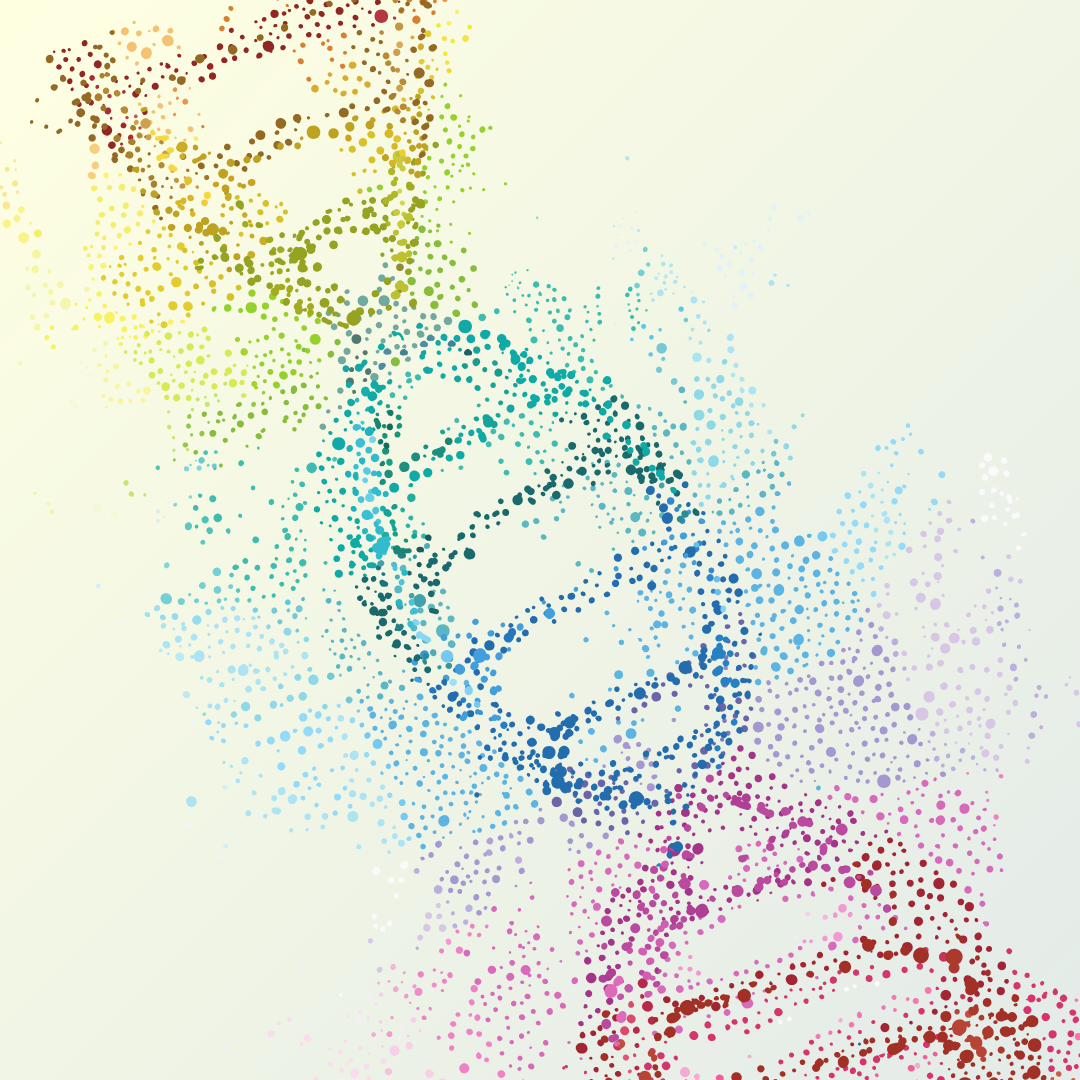The risks of sharing your DNA with online companies aren’t a future concern. They’re here now
By Nila Bala,
Los Angeles Times
| 10. 21. 2024
Turmoil at 23andMe, a company offering popular at-home DNA testing, has upset the industry. Following the resignation of every independent member of the company’s board of directors, its chief executive, Anne Wojcicki, expressed openness to selling the company and its database of around 15 million customers, raising concerns about the misuse of genetic data.
Although Wojcicki has since said she is focused on taking 23andMe private, the data-sharing risks raised by DNA testing and matching companies are already here. A class-action lawsuit filed in August alleges that the operator of GEDmatch.com, a genealogy site that claims to have a database of more than 1 million members, has been sharing users’ information with Facebook. This revelation should alarm us all.
GEDmatch stands apart from companies such as 23andMe. It’s an open, crowdsourced database that anyone can search. Founded in 2010, it emerged as a tool for genealogy enthusiasts to upload DNA results and connect with relatives. It gained notoriety when law enforcement officials announced in 2018 that they had used the service to identify the Golden State...
Related Articles
By Scott Solomon, The MIT Press Reader | 02.12.2026
Chris Mason is a man in a hurry.
“Sometimes walking from the subway to the lab takes too long, so I’ll start running,” he told me over breakfast at a bistro near his home in Brooklyn on a crisp...
By Katrina Miller, The New York TImes | 02.05.2026
Joseph Yracheta: The Native Biodata Consortium is the first nonprofit data and sample repository within the geographic bounds and legal jurisdiction of an American Indian nation, on the Cheyenne River Sioux Reservation in Eagle Butte, S.D.
NativeBio participated in a ...
By David Jensen, California Stem Cell Report | 02.10.2026
Touchy issues involving accusations that California’s $12 billion gene and stem cell research agency is pushing aside “good science” in favor of new priorities and preferences will be aired again in late March at a public meeting in Sacramento.
The...
By Lauren Hammer Breslow and Vanessa Smith, Bill of Health | 01.28.2026
On Jan. 24, 2026, the New York Times reported that DNA sequences contributed by children and families to support a federal effort to understand adolescent brain development were later co-opted by other researchers and used to publish “race science”...




